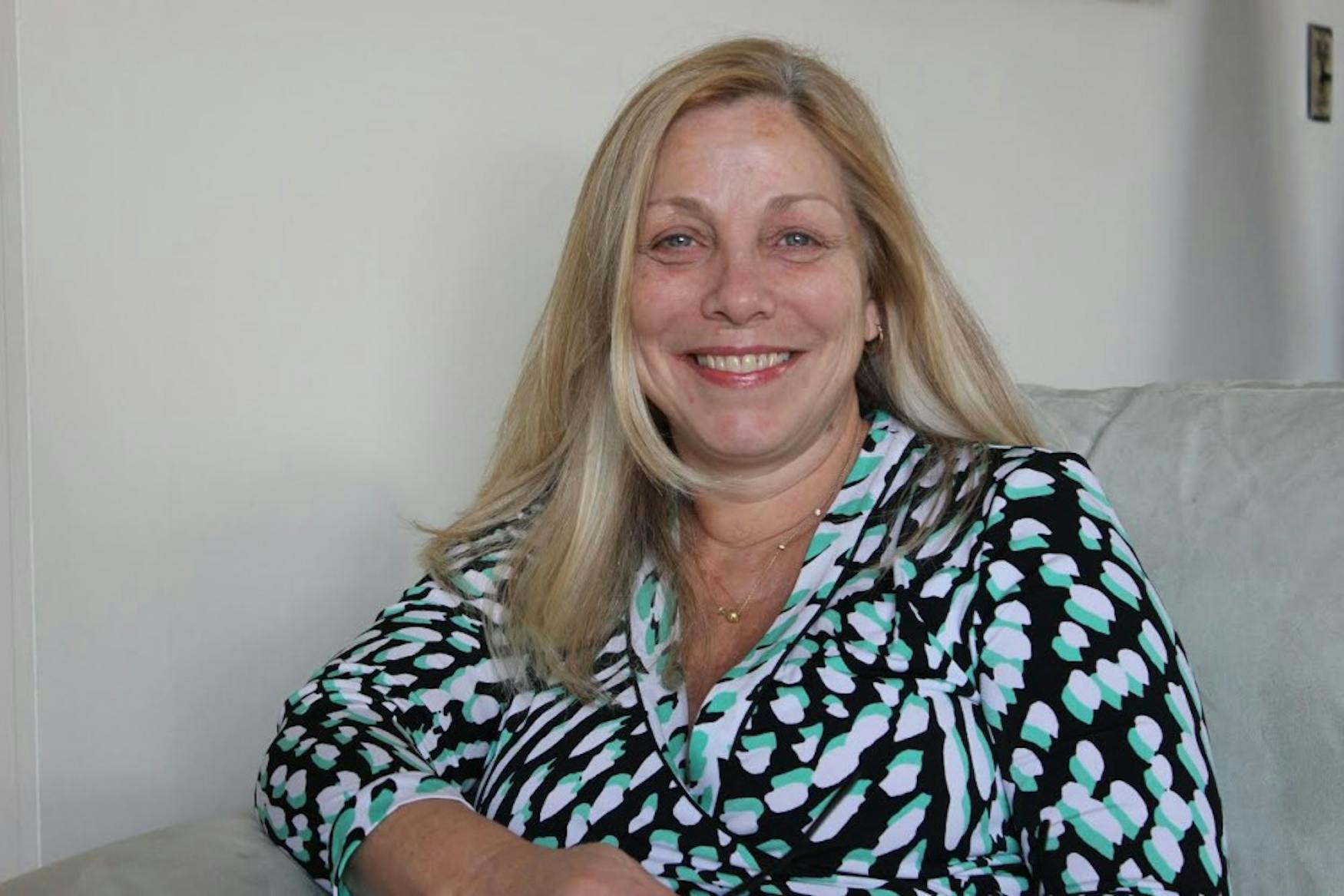Ease your mind
The Psychological Counseling Center, directed by Joy Von Steiger, added numerous groups to bolster mental health offerings for students
Brandeis students are more likely to be stressed, depressed or anxious than students from similarly sized universities across the nation, according to the National College Health assessment conducted last year. This survey also revealed that Brandeis students participate in more extracurricular activities and tend to feel lonelier.
“You wouldn’t think so because Brandeis students seem so social, but the numbers say something different,” said Joy Von Steiger, who was appointed clinical director at the Psychological Counseling Center this summer after working there for seven years. “When you’re working that hard with both academics [and] with your extracurriculars…there isn’t a whole lot of time to just kind of sit and hang out with people and bond,” Von Steiger said.
While the PCC at Brandeis has been providing individual counseling for students since its doors opened in 1952, it has expanded its outreach this year by offering a variety of new weekly support groups as well as continuing to offer an eating disorder recovery support group and a social anxiety support group that have been successful in past years.
The center created this new initiative because, “when you look at [the survey] numbers it just makes sense to be giving students an opportunity to be sitting with other students and talking about things that are important and things that they’re bothered by. Being able to share those experiences might help them to feel less isolated,” according to Van Steiger.
Other numbers demonstrating the need for mental health support groups on campus come from Public Safety. They have assisted the PCC in transporting five students to Newton-Wellesley Hospital for mental health services so far this year, Director of Public Safety Ed Callahan disclosed in an email to the Justice. On average about 20 students require transportation of this nature each year.
Von Steiger also commented that the staff at the PCC is excited to explore the benefits of group therapy. “There are ways that we can learn from our peers that we can’t learn from sitting one-on-one with a therapist. It’s also true in my experience that there are people who learn better in group settings than in a one on one setting,” she said.
The new support groups include a group for international students adjusting to life at Brandeis; a group for cognitive behavioral approaches to managing stress; a dialectic behavior therapy group, which guides students in gaining control over their emotions; and a group for seniors facing the stress of their imminent entrance into the world outside of Brandeis. She hinted that there might even be breakfast in the senior group, which meets on Monday mornings.
For those students who are looking to simply sit with their thoughts, there is also a small meditation group that meets every Wednesday at noon in the Peace Room. This group is the only one that runs on a drop-in basis—there is no registration and no expectation to attend every week.
Although most of the support groups for this fall are full, students will be able to register for a new batch of support groups at the PCC at the beginning of the spring semester. Upon registration, students must meet with the leader of the support group they intend to join. Von Steiger explained that during this meeting, the student and group leader consider whether the group will be enough support or if supplementing the group with individual counseling would be beneficial for the student. She clarified that students are not only allowed, but encouraged, to exclusively participate in a group if they prefer— and do not need to be clinically diagnosed with any psychological condition to participate.
About the future of the support groups, Von Steiger said, “my hope would be that this time next year we’d have even more groups and that there would be even more people who are curious about what [it] would be like to be in group therapy.” She indicated that some of the new groups might include a trauma recovery group and a relationships and sexuality group.
Including people who have registered for the support groups, 315 different students have sought mental health counseling at the PCC as of Oct 10. Last year on the same date, this number was 286. Von Steiger hopes that this increase is partly due to their effort to reach out to the campus community.
However, despite the increase, Van Steiger feels there are students who need assistance that are not coming to the center. “Coming to PCC for some people can be really challenging and can feel stigmatizing,” she said. Regardless, she urged students to come to the center with any kind of problem or suggestion and to make use of the resources that are offered. “We’re really lucky that we have more staff here than a lot of college counseling centers have and we have some really, really gifted people that work here. So I feel like we have all the ingredients.”



Please note All comments are eligible for publication in The Justice.